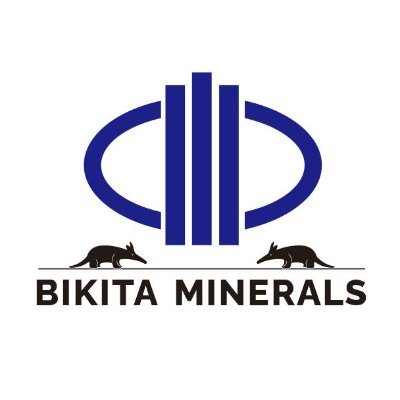Sinomine-owned Bikita Minerals remains confident in its plan to invest US$500 million in a lithium smelter, viewing this investment as essential for long-term growth and competitiveness in the lithium market amid softening prices. However, the company is also contemplating potential downsizing of its workforce and production levels if the market does not show signs of recovery, Mining Zimbabwe can report.
By Ryan Chigoche
Since Sino Mine acquired Bikita Minerals in 2022, the company has invested over US$200 million in exploration, mine expansion, and strategic projects in the country. The company’s expansion strategy includes developing new mining areas and constructing a modern tailings storage facility designed to manage mine waste for the next 20 years. This investment has significantly increased production capacity from 700,000 tonnes per annum to 4 million tonnes of ore per year.
As a result of these investments, the Gravity separation plant is projected to produce 300,000 tons of petalite annually, while the Flotation plant aims for 270,000 tons of high-quality chemical-grade spodumene concentrate each year.
However, the company has yet to see a return on this significant investment, as lithium prices have drastically dropped. After reaching record highs in 2021 and early 2022 due to surging demand for electric vehicle batteries and energy storage solutions, prices have since fallen considerably. In 2022, lithium carbonate prices soared above $70,000 per ton, driven by tight supply and strong market demand. By 2023, however, prices began to decline sharply as new lithium supply came online and demand growth slowed. By mid-2023, lithium carbonate prices had fallen to around $20,000 to $25,000 per ton, and this year even reached a low of US$13,798 per ton, making it difficult for the company to recoup its investments. This significant drop in lithium prices has led to a wave of supply curtailments, as producers struggle to maintain profitability.
Speaking at the Parliament Portfolio Committee on Mines and Mining Development, Bikita Minerals managing director Xuedong Gong admitted that the company is currently losing a lot of money due to softening prices. Despite this, Gong stated they are committed to the US$500 million investment in a lithium smelter, but he hinted that they might have to cut production and downsize their workforce for the first time if prices continue to decline.
“In the next 3 to 5 years, we will bring another new investment of US$400 million to build a lithium smelter here to bring more technology and improve the local battery industry. This is part of our previous and future investments. Lithium prices have dropped significantly since the end of last year, and we are losing money. But as responsible investors, we haven’t reduced any salaries or cut employees. We will see how the market develops, but if prices continue to go down, we will have to reduce our production and our workforce. Bikita is a company that takes full responsibility, and when we face very difficult economic conditions, we hope that…” Gong said.
Bikita Minerals is 100% owned by Shenzhen-listed Sino Mine Resource Group since January 2022, after being purchased from its then-majority German shareholder in a deal worth US$180 million. The company currently ships out petalite and spodumene concentrates, which are effectively crushed lithium ores with no added value beyond milling.
In 2023, the government warned that it would soon ban the export of lithium concentrates to compel companies to process carbonates, which are a step up in the lithium value-addition process. This regulatory shift aims to enhance local processing capabilities and maximize the economic benefits of lithium extraction within the country.
Lithium is a critical mineral used in solar panel technology and batteries for electric vehicles. Major economies are actively seeking to control lithium supply chains to position themselves advantageously in transforming their economies and reducing their carbon footprints.
Bikita Minerals champions sustainable practices with a focus on renewable energy and reliable power supply. The company completed a 12 MW photovoltaic solar plant in 2024 and played a pivotal role in the construction of the US$22 million Tokwe-Bikita powerline, further reinforcing its commitment to sustainability.




